
Explainer: Russia pushes Europe’s neutral states closer to NATO
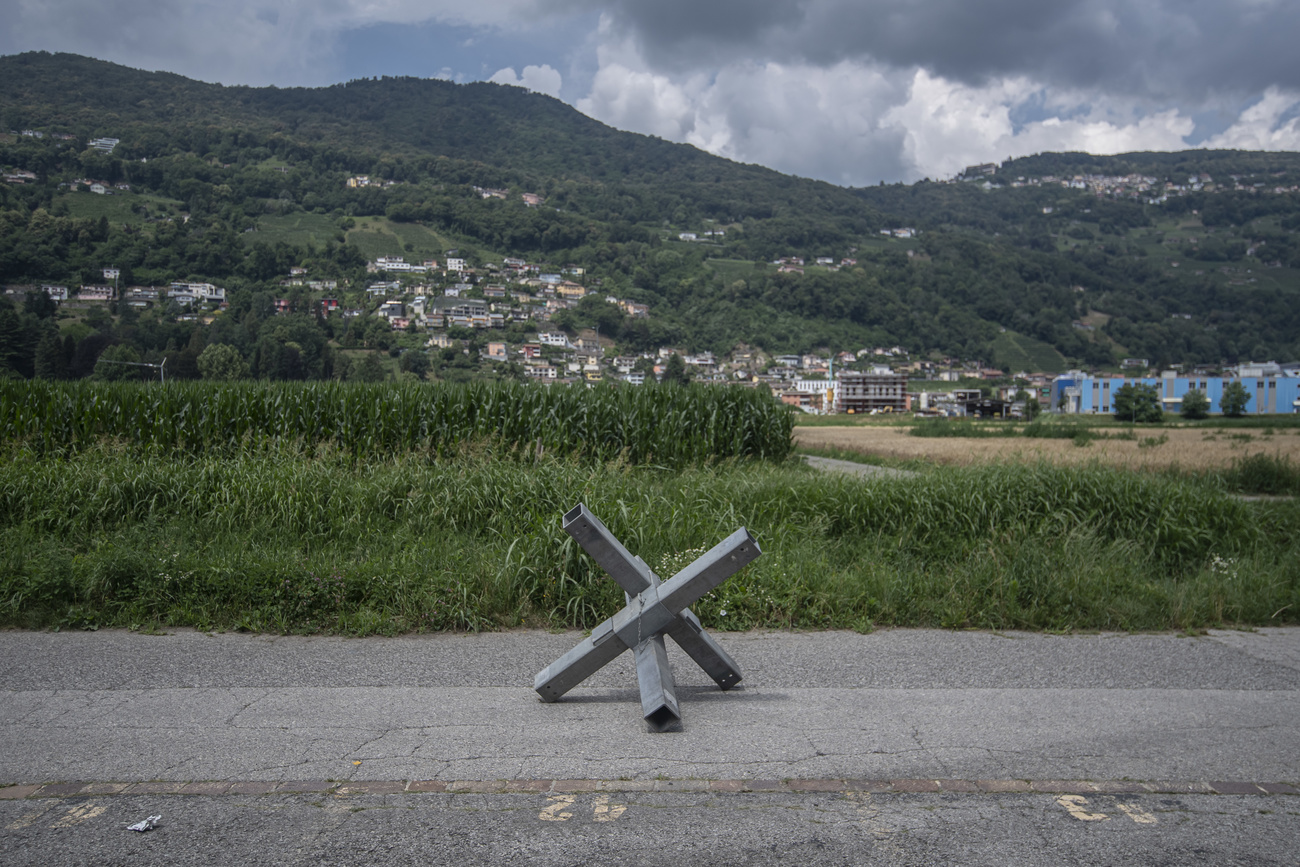
Switzerland wants to cooperate more closely with NATO. Other neutral countries are also seeking stronger ties with the alliance as Europe consolidates its security policy.
Will Switzerland join Nato? This scenario still seems a long way off. Yet there has been much debate in the country about a rapprochement with the military alliance over the past year, and the move has found support in almost all political camps. The question today is: how close should this cooperation be?
Switzerland is not the only neutral country in Europe grappling with these questions. The Russian invasion of Ukraine has inflicted lasting damage on the continent’s security architecture. The NATO defence alliance is closing ranks after years of seemingly lacking direction. Europe’s remaining neutral and non-aligned states are now trying to determine their stance in the conflict – and most of them are moving closer to NATO in one way or another.
Sweden and Finland: a radical break with the past
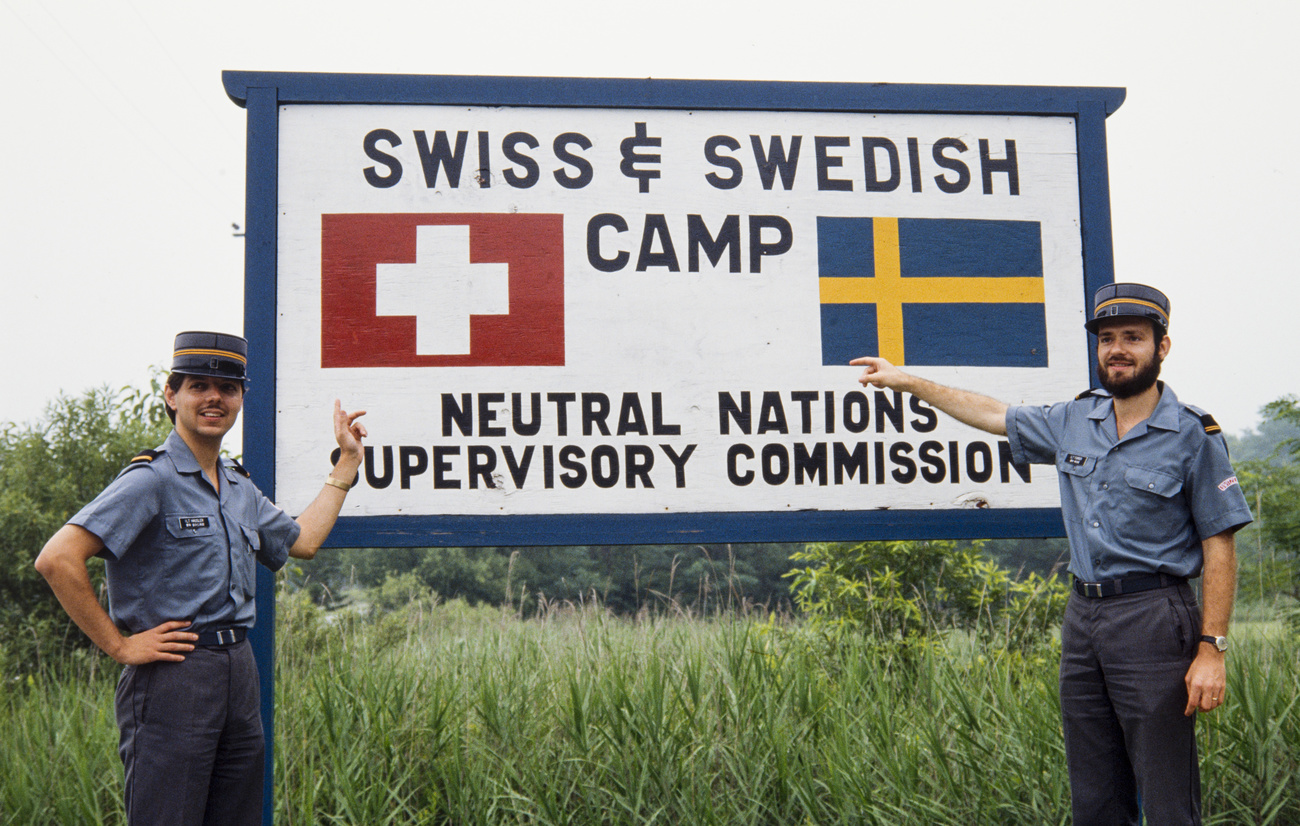
The two Nordic states have taken the most radical step by deciding to join NATO.
Finland became the 31st state to become part of the military alliance in April 2023. Since joining the European Union in 1995, the country has described itself as non-aligned rather than neutral. Its status was, however, always seen more as a necessary concession to an overpowering neighbour than an ethical decision.
Finnish policy was above all based on political realism, to preserve its sovereignty vis-à-vis the Soviet Union. This so-called “Finlandisation” was gradually whittled away after the end of the Cold War.
Sweden, too, decided to join the military alliance just over two months after Russia’s full-fledged attack on Ukraine. This signaled a complete break with a tradition of neutrality cultivated by the country over two centuries. Membership did not come about quickly, however. Turkey and Hungary made various demands and obstructed the admission process, seeking to exert political influence. Sweden is expected to become the 32nd country to join NATO in the coming months.
The accession of the two Nordic states is not only symbolically important for NATO but also militarily. Finland has a well-equipped army and a 1,340-kilometre-long border with Russia, while Sweden has a strong arms industry.
Moldova and Serbia: old relations persist
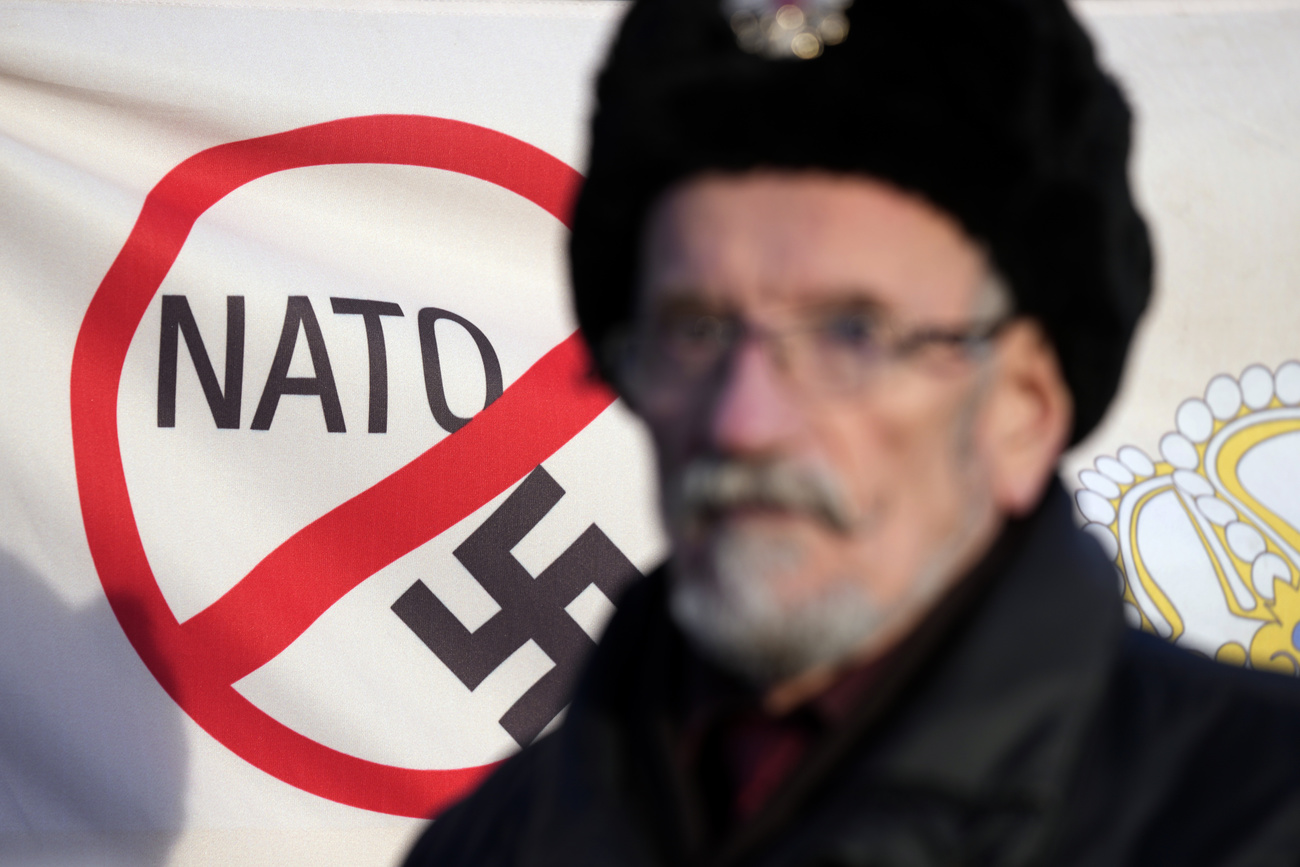
Moldova included a clause of “permanent neutrality” in its constitution in 1994, partly for domestic political reasons. The multi-ethnic state, including the breakaway region of Transnistria, was seeking to achieve a social balance through non-alignment that would be accepted by all parts of the population.
According to surveys, most of the country’s citizens still support this neutrality today. The first controversial debate on the subject took place after Russia annexed Crimea in 2014 and intensified following the invasion of the whole of Ukraine in 2022. The discussion, however, focuses on membership of the EU, and the country explicitly does not want to join NATO.
Serbia declared itself a militarily neutral state in 2007, in a decision that was recognised by NATO – against which the declaration was directed. Like Moldova, Serbia has not adopted sanctions against Russia and it continues to manoeuvre politically between West and East, thus pursuing the tradition of non-alignment, which was state doctrine under the former Yugoslavia.
Malta, Ireland, Cyprus: three islands with three different concepts
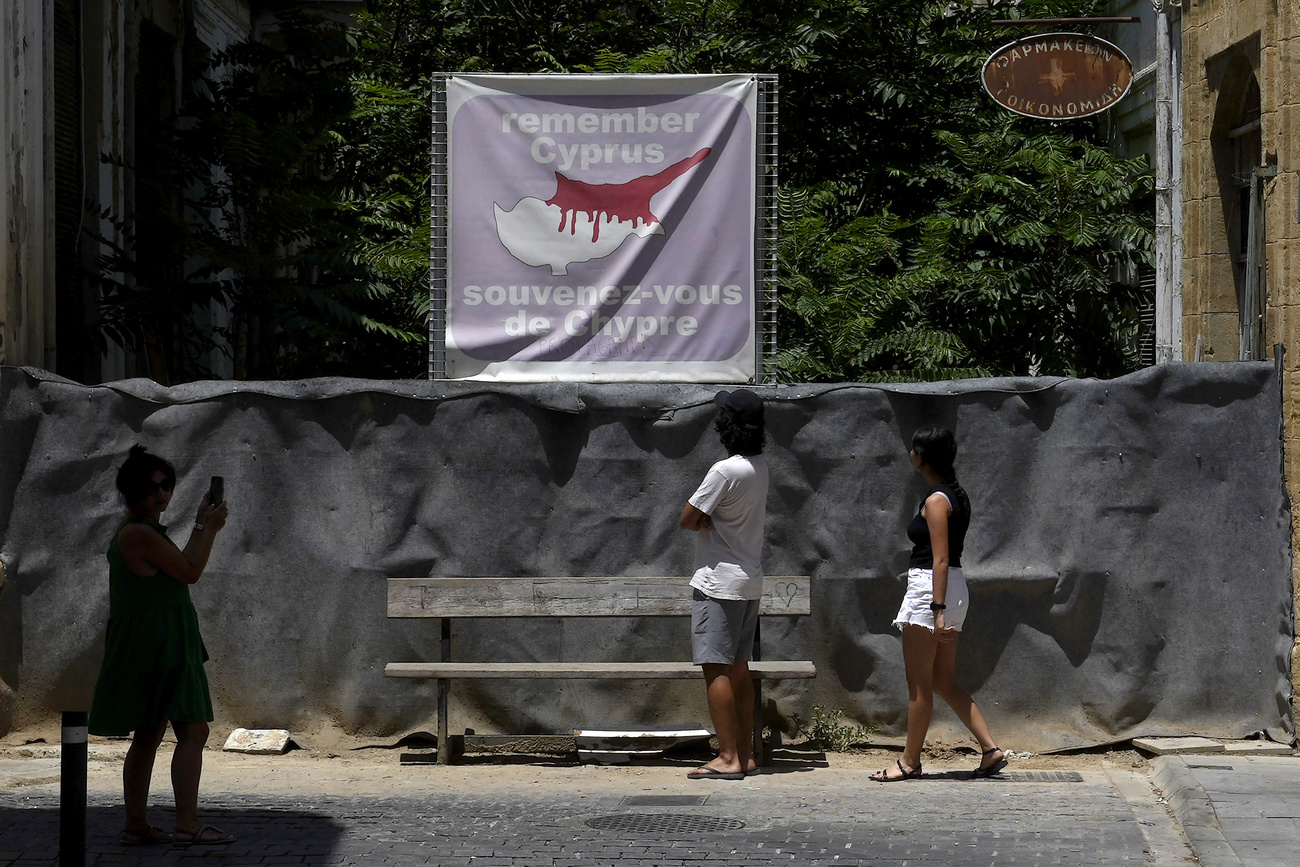
The small state of Malta enshrined neutrality in its constitution in 1987. This was a late result of decolonisation – the former British colony saw itself as part of the Non-Aligned Movement, which distanced itself from the United States and the Soviet Union during the Cold War. Today, Malta’s neutrality is undisputed, and it is the only EU member not even taking part in the joint European defence projects, known as PESCO.
Ireland is also a former British colony, and its neutrality was enshrined in the Anglo-Irish Treaty that sealed Irish independence. Unlike other neutral countries in Europe, Ireland has a low-level defence capability and a less strict interpretation of “military neutrality”.
The issue has, however, been hotly debated in recent months. Cyberattacks on the health system by Russian hackers in 2021 (during the pandemic) put the country’s geographical isolation into perspective. Moreover, undersea cables essential for global communications run along its Atlantic coast. Ireland has thus launched a public consultation to discuss the future of the country’s neutrality. Rapprochement with NATO is certainly considered to be an option.
The situation is rather different in the Republic of Cyprus, whose neutrality is not internationally recognised. The country has traditionally had close ties with Russia: the Soviet Union was considered an important military partner following the island’s invasion by Turkey, a NATO member state, in 1974. Today, the country is broadly aligned with the West regarding the war in Ukraine. NATO membership is, however, impossible, as the territorial conflict is still unresolved and Turkey – which does not recognise the country – would immediately cast its veto.
Austria: militarily neutral but politically clearly in the West
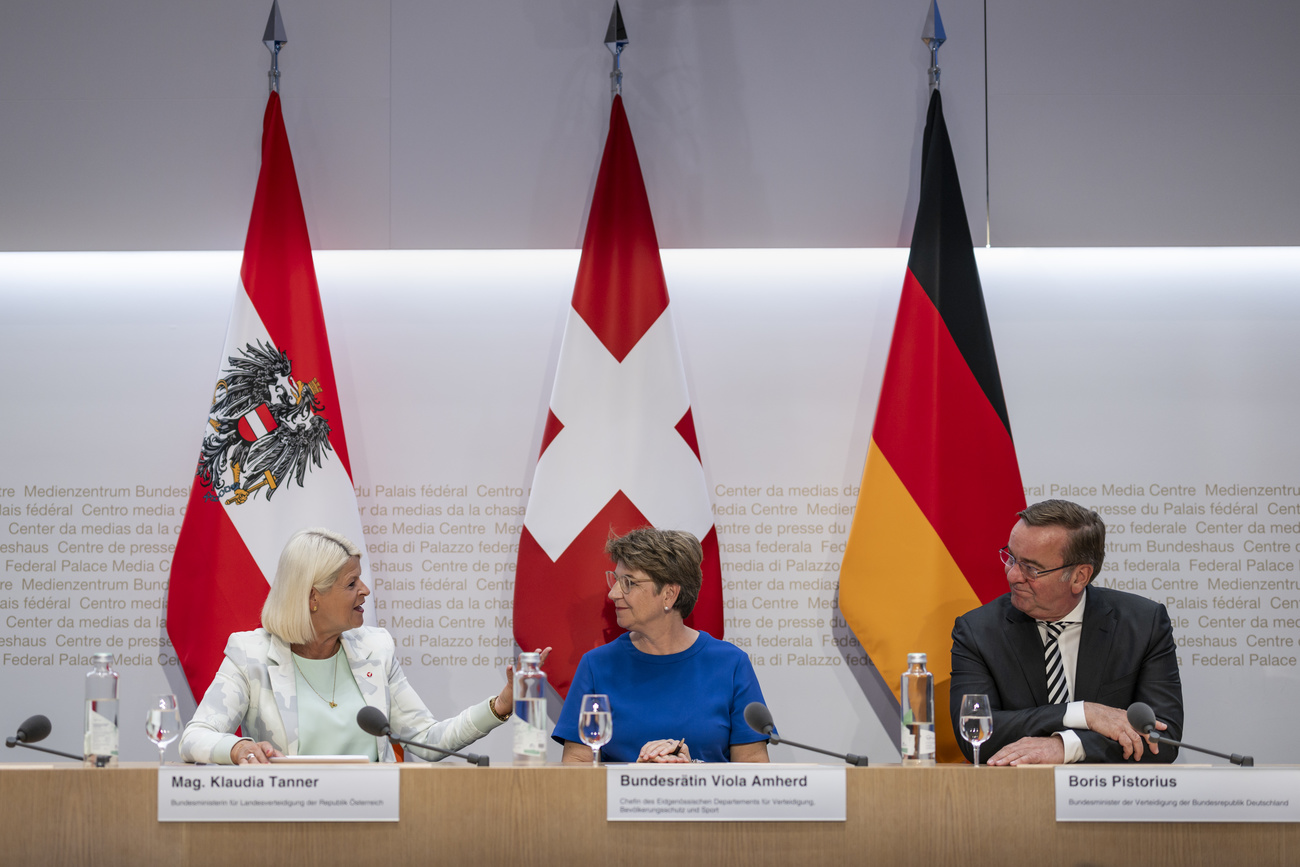
Critical voices inside Austria accuse the country of “free-riding” on NATO in the field of security policy. The same charge can also be heard in Switzerland. The two states share another key feature: neutrality as an identity-forming element. Unlike in Switzerland, though, Austrian neutrality is enshrined in its constitution. This resulted from the negotiations on the withdrawal of the occupying forces after the Second World War. The Soviets demanded the country’s “perpetual neutrality”, whereas the Allies agreed to a possible armed neutrality following the Swiss model.
There is currently little support in Austria for a complete abandonment of neutrality and membership of NATO. Like Switzerland, though, the country takes part in the Partnership for Peace programme and the Euro-Atlantic Partnership Council. These two forums enable states to work with NATO while determining the exact extent of their cooperation themselves. Together with Switzerland, Austria now wants to join the European Sky Shield air-defence system. If they do so, they would be the only two non-NATO states taking part.
Switzerland: what does neutrality mean today?
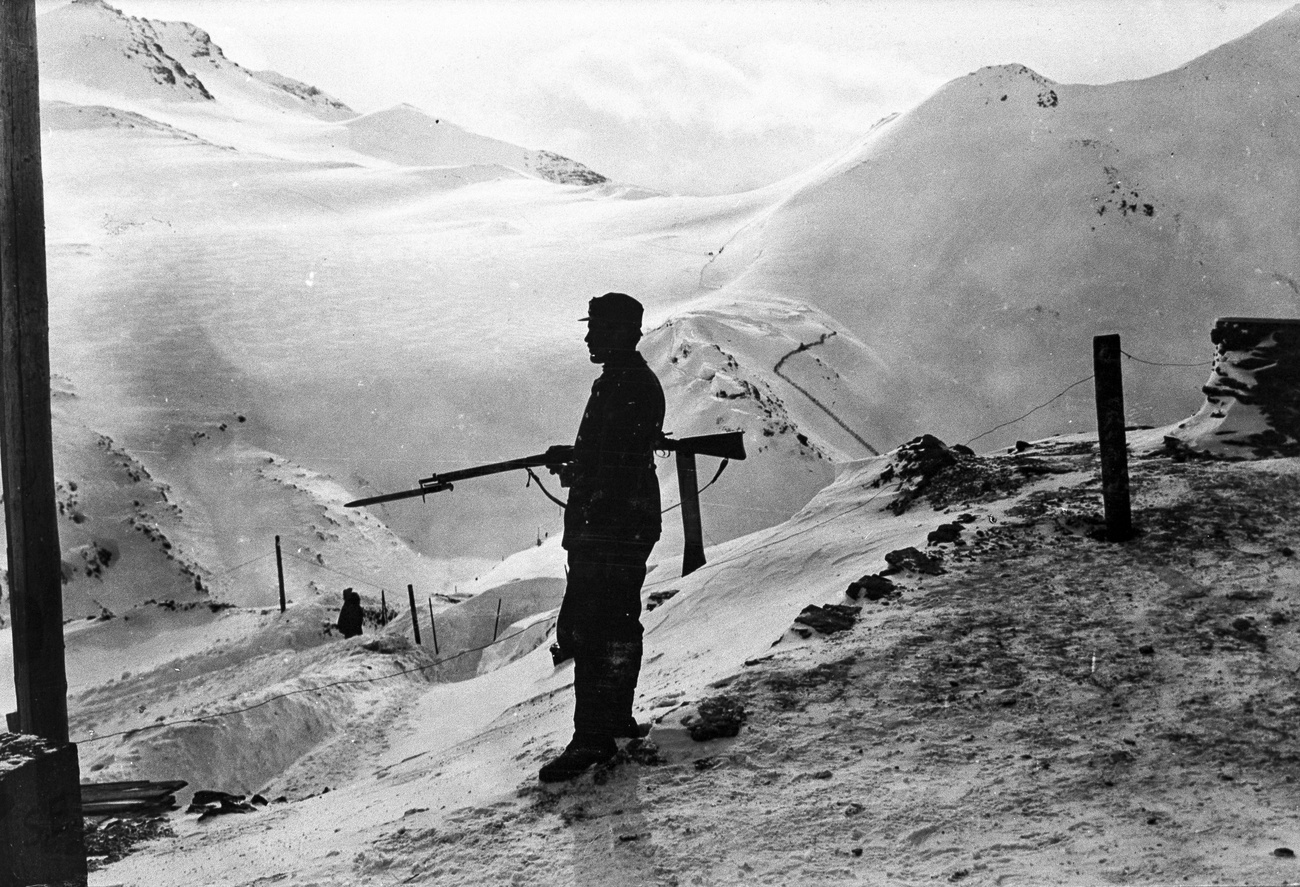
Neutrality in Switzerland appears everlasting, and so do the debates about it. Since the start of the invasion, there has been much soul-searching about how best to respond to the war. The country has taken on Western sanctions against Russia and is sending humanitarian aid to Ukraine. Like the other neutral states, however, it is providing comparatively little financial aid for Ukraine. The NATO members are providing the bulk of the funds as well as military support.
Switzerland’s decision to forbid European countries from re-exporting Swiss-made arms has sparked considerable ill-feeling. The country is frequently accused of hiding behind its neutrality while continuing to profit from economic entanglements by not taking stronger action against Russian oligarchs.
This charge of opportunism is not new, however, nor is it limited to Switzerland. According to critics, the neutral states with a clearly Western orientation benefit from NATO protection without having to do anything in return.
If the Swiss defence ministry had its way though, the Swiss armed forces’ ability to cooperate with others – referred to as interoperability – would be greatly strengthened. The Russian attack on Ukraine has made military ties with NATO more urgent, security circles warn. The alliance is aware of this new situation and is willing to pay the price for its newfound attractiveness.
NATO, Switzerland and the atomic bomb:

More
To cosy up to NATO, Switzerland may have to accept the bomb
As the planned air-defence system shows, defence policy on the continent is being bolstered. The EU, NATO and neutral states are cooperating ever more closely at different levels. To take the wind out of sceptics’ sails, the proponents stress that there will be no duty to provide mutual assistance in such cooperation scenarios.
From Russia’s point of view, meanwhile, this is a secondary question. Moscow no longer considers Switzerland neutral ever since it adopted the sanctions, and it has classified it as an “unfriendly state”.
Edited by Marc Leutenegger. Translated from German by Julia Bassam/ds

More
Our newsletter on geopolitics

In compliance with the JTI standards
More: SWI swissinfo.ch certified by the Journalism Trust Initiative





























You can find an overview of ongoing debates with our journalists here . Please join us!
If you want to start a conversation about a topic raised in this article or want to report factual errors, email us at english@swissinfo.ch.